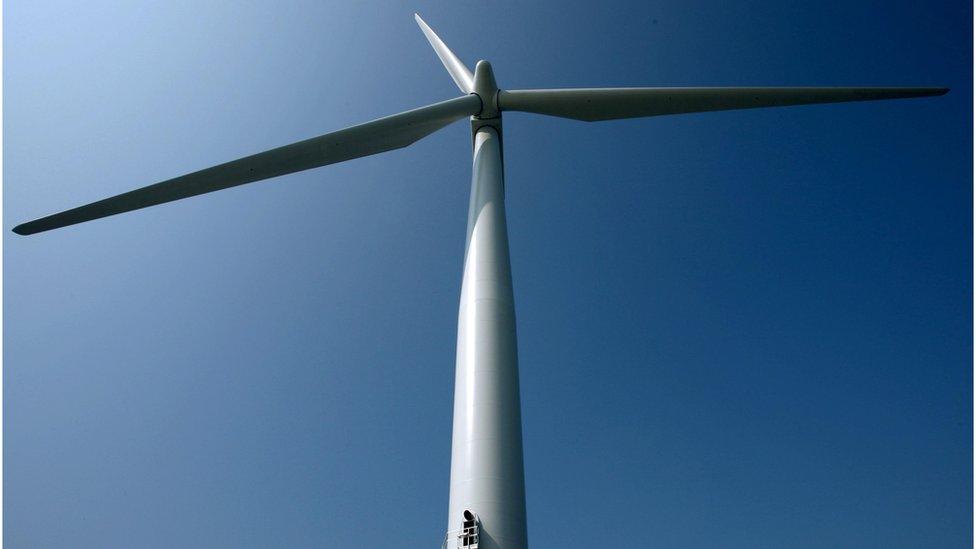COP26 head Alok Sharma says he tries to be 'extremely boring'
- Published
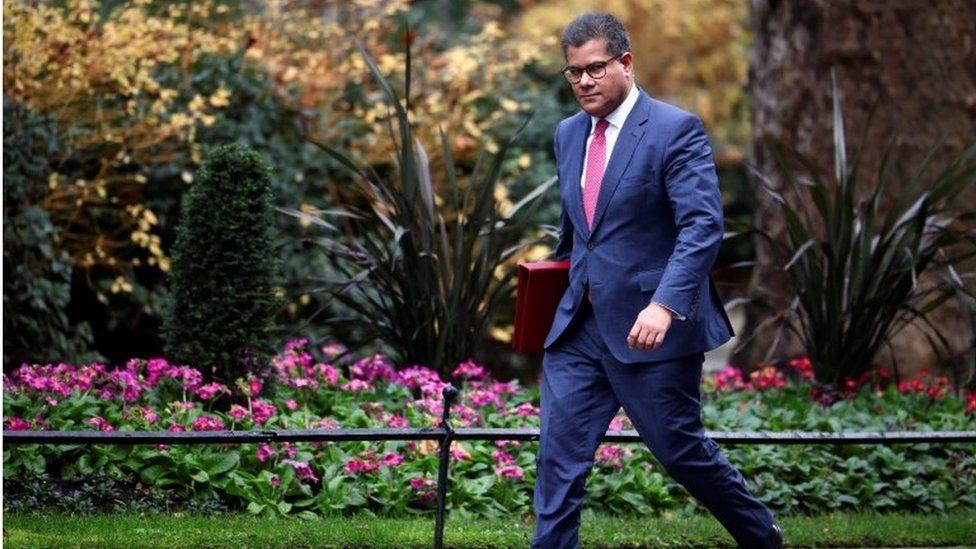
Alok Sharma quit as business secretary to concentrate on the climate summit
The man leading this year's global climate change summit has told the BBC he has spent his political career trying to be "extremely boring".
Alok Sharma is in charge of the COP26 climate summit in Glasgow in November.
The former business secretary - known for his low-key style - said chairing the summit was a "big job" that needed "a huge amount of focus".
He wanted to be judged on results rather than "grandstanding," he told Nick Robinson's Political Thinking.
COP26 is expected to be the biggest summit the UK has ever hosted and Mr Sharma had faced some criticism for initially trying to combine the presidency of it with his cabinet role.
He said he had spoken to Prime Minister Boris Johnson last autumn about juggling the two roles and he came to the conclusion that his energies needed to be concentrated on his environmental brief.
Asked about what has been described as his unflappable approach to the role, Mr Sharma said he wanted to "get on with things with the minimum fuss".
He said: "'I've spent 11 years cultivating this image of someone extremely boring and it's clearly worked.
'If I think of my own work background, it's been very much working for organisations where you get judged on results," he added, "rather than grandstanding and that's frankly what I've brought into life in politics."
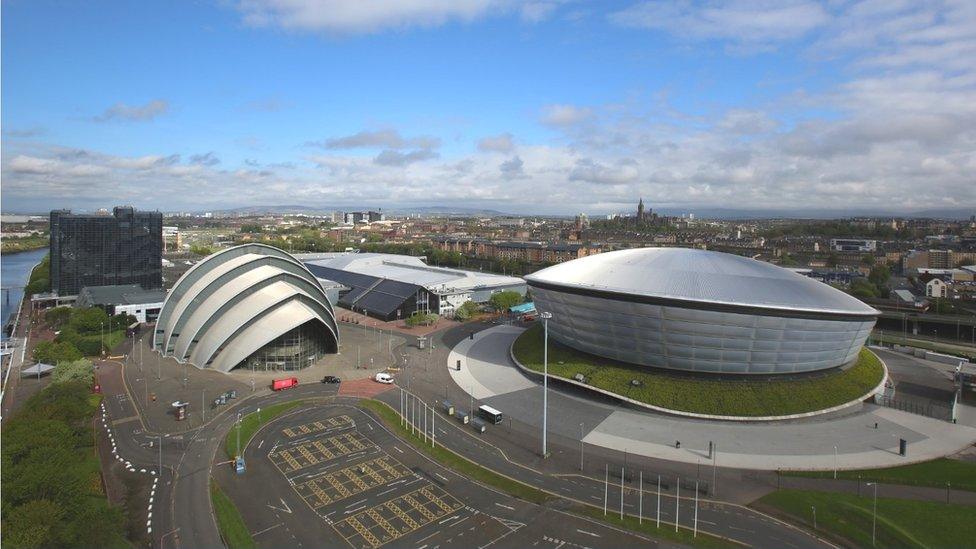
The Scottish Events Campus in Glasgow will host the COP26 conference in November
Environmentalists including Greta Thunberg and former UN climate chief Yvo de Boer have called for the summit to be postponed rather than risking a failed conference due to coronavirus restrictions.
But Mr Sharma says the issues are urgent and require action now.
He said: "This is our moment. This is the decisive decade. If we don't get this right now, I'm afraid it's going to be pretty bleak for future generations.
"We haven't got 30 years, we've actually got less than 10 years to get this right.
"That's why we need the right commitments now and the action plans form countries to demonstrate that we're able to halve emissions by 2030 and get to net zero emissions by the middle of this century."
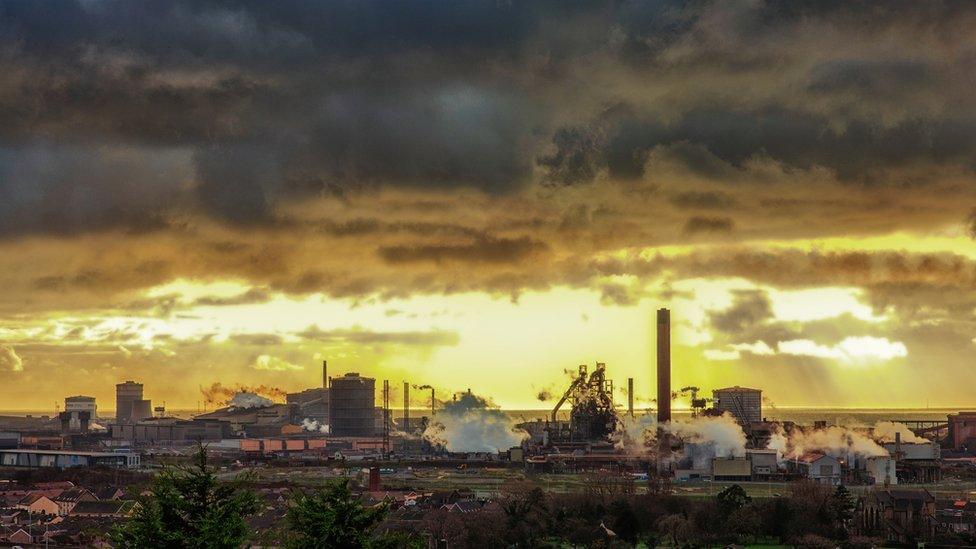
The government has been accused of having no plan to meet emissions targets
He dismissed suggestions that green campaigners were anti-capitalist, saying they were actually in key positions such as at the head of banks and companies and "understand that it's so important that we get on top of climate change".
Mr Sharma said his own "light-bulb moment" came "ironically on a plane" in 2008 when he watched the documentary "An Inconvenient Truth" by the environmentalist and former US Vice President Al Gore twice over.
He said he does not regard himself as "an eco-warrior" but rather as "a normal person who finds himself in this position" - but, he argued, that is what allows him to think about how to achieve change and "take people with us".
But in March, two separate reports from MPs criticised the government's performance on climate change.
The influential Public Accounts Committee said ministers have "no plan" to meet climate change targets, two years after setting them in law.
And the business committee says the COP26 climate conference will fail unless its goals are made clear.
The government says both reports are inaccurate and unfair.
You can download the full Political Thinking podcast here. It will also be broadcast on BBC Radio 4 at 17.30 BST on Saturday, 19 June.
Related topics
- Published3 March 2021

- Published5 March 2021

- Published4 June 2020
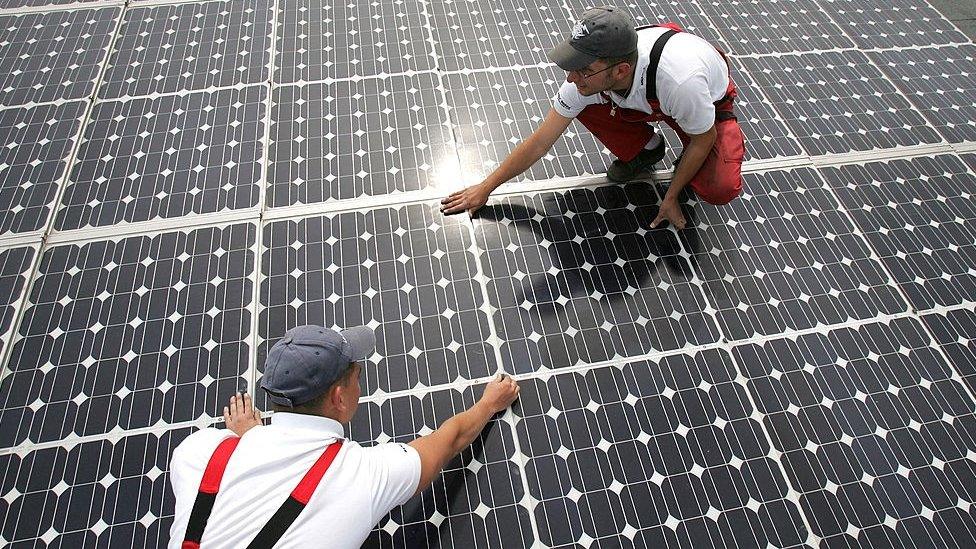
- Published1 June 2020
